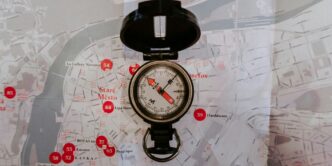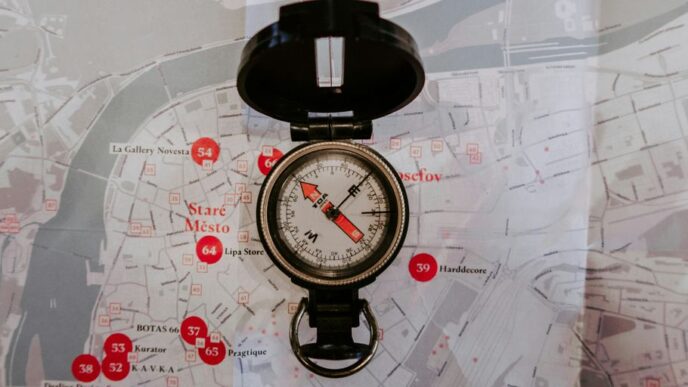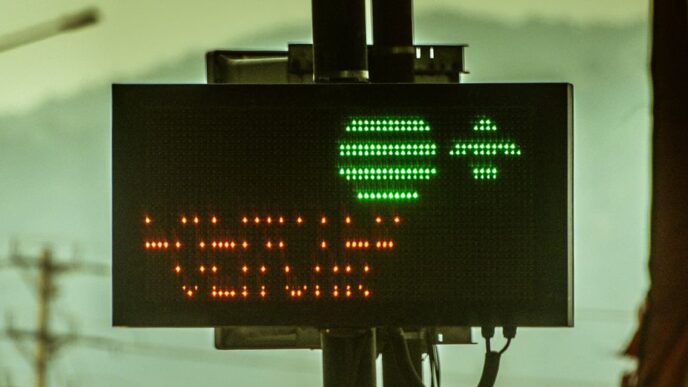Introduction
In an era where crowd control and security are paramount concerns, one-way turnstiles have emerged as a revolutionary solution to efficiently manage high-traffic areas. Whether it’s at a bustling subway station, a sports arena, or a theme park entrance, these intelligent access control systems are making waves for their effectiveness in streamlining the flow of people. In this article, we will delve deep into the world of one-way turnstiles, exploring their benefits, applications, and how they are transforming the way we handle crowded spaces.
The Evolution of Turnstiles
From Traditional to Cutting-Edge
Traditionally, turnstiles were simple mechanical gates used to control the passage of individuals. They often relied on manual operation and were susceptible to tampering. However, with technological advancements, one-way turnstiles have evolved into sophisticated access control systems that offer unparalleled security and convenience.
Understanding One-Way Turnstiles
How Do They Work?
One-way turnstiles are designed to allow the passage of individuals in only one direction, hence the name. They incorporate sensors and intelligent mechanisms that enable swift and efficient entry while preventing unauthorized exit.
Types of One-Way Turnstiles
Optical Turnstiles
Optical turnstiles use infrared sensors and optical barriers to detect and allow entry to one person at a time. They are sleek, modern, and often used in corporate environments and high-end venues.
Rotary Turnstiles
Rotary turnstiles consist of rotating arms or barriers that allow entry one person at a time. They are commonly seen at public transportation hubs due to their durability and reliability.
Full-Height Turnstiles
Full-height turnstiles are ideal for locations requiring the highest level of security. They encompass the entire height of an individual, preventing any unauthorized access effectively.
Benefits of One-Way Turnstiles
Enhanced Security
One of the primary advantages of one-way turnstiles is their ability to enhance security. They ensure that only authorized individuals can enter a restricted area, making them invaluable in high-security environments like government facilities.
Efficient Crowd Management
In high-traffic areas, crowd management can be a daunting task. One-way turnstiles facilitate the orderly flow of people, reducing congestion and minimizing the risk of accidents or security breaches.
Integration with Access Control Systems
Modern one-way turnstiles can seamlessly integrate with access control systems, allowing for easy monitoring and data collection. This integration enhances the overall security posture of a facility.
Applications of One-Way Turnstiles
Public Transportation
Subway stations, bus terminals, and airports have embraced one-way turnstiles to regulate passenger flow and ensure ticket validation.
Sports and Entertainment Venues
Sports arenas and concert venues use one-way turnstiles to efficiently manage large crowds during events, enhancing the overall visitor experience.
Theme Parks and Amusement Centers
Theme parks employ one-way turnstiles to control access to rides and attractions, preventing overcrowding and ensuring visitor safety.
Implementing One-Way Turnstiles
Key Considerations
Before installing one-way turnstiles, it’s crucial to consider factors like the type of facility, traffic patterns, and security requirements. Consulting with experts in access control is essential to make the right choice.
Conclusion
One-way turnstiles have emerged as a game-changer in high-traffic areas, revolutionizing crowd management and security. With their ability to efficiently control the flow of people, enhance security, and integrate seamlessly with access control systems, these turnstiles are becoming indispensable in various industries. Embracing this technology can lead to safer, more organized spaces for everyone.













